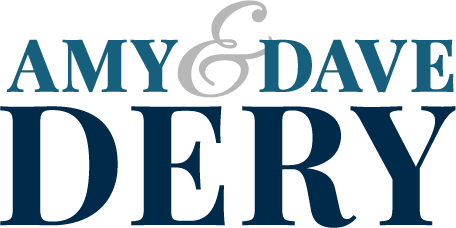Daily Real Estate News | Thursday, February 20, 2014
Bankrate.com offers some tips for your home buyers on securing a mortgage, getting the best rate, and more.
Be prepared to document your finances. Buyers should be prepared for extra review by lenders when underwriting mortgages due to new mortgage regulations that took effect in January, particularly in proving borrowers’ ability to repay their loans. Borrowers should be prepared to show bank statements, tax returns, W-2s, investment accounts, and documentation of any other assets they own. Also, they should be prepared to explain any large deposits to their accounts—even a $500 check from a family member during the holidays. If they can’t prove where the money came from, it has the potential to delay closing.
Lock in a rate soon. Mortgage rates are expected to rise in 2014 as the Federal Reserve winds down its $85 billion per month bond-buying stimulus program. A rate lock is usually good for 30, 45, or 60 days, although that time period can vary among lenders.
Shop around. Buyers may have the upper hand in 2014. Lenders have lost a large amount of their refinance business this year as rising rates encourage fewer home owners to refinance. That means they are turning their attention to home buyers and may be more willing to compete for their business. Home buyers will want to shop around for more than just the best interest rate on the loan, looking at points and closing costs as well.
Pay careful attention to credit. The best mortgage rates often go to borrowers with credit scores of 720 or higher, Bankrate reports. While those with a credit score of 680 can still likely qualify for a loan, they may end up paying higher rates or higher closing costs.
Watch your spending. Make sure your buyers aren’t tempted to go outfit their new home with all new furniture—on credit—before closing on the home loan. Lenders will be carefully scrutinizing their debt obligations, such as credit cards and student loans. Borrowers are advised to keep their monthly debt obligations, including mortgage and property taxes, to below 43 percent of their income.
